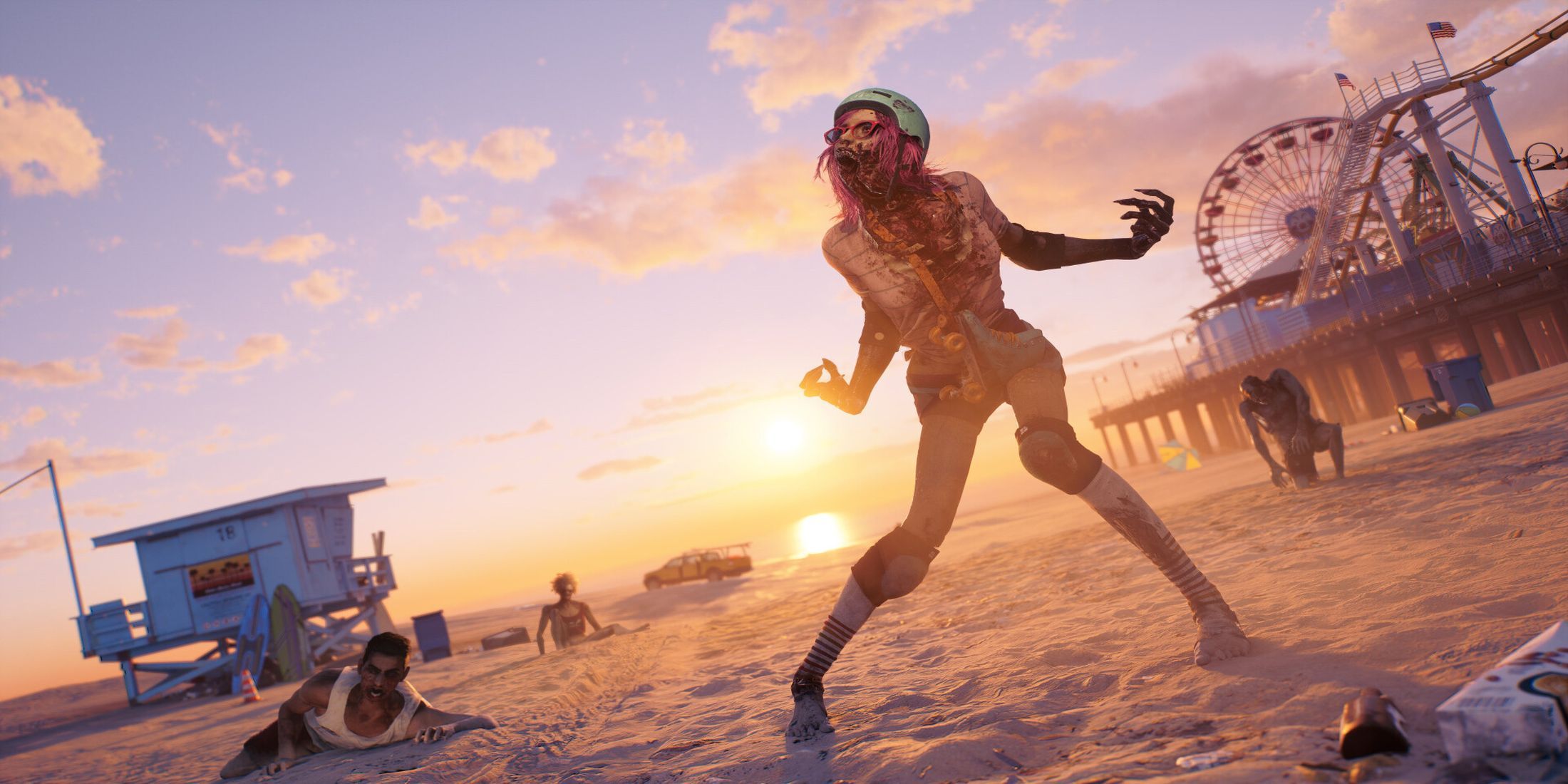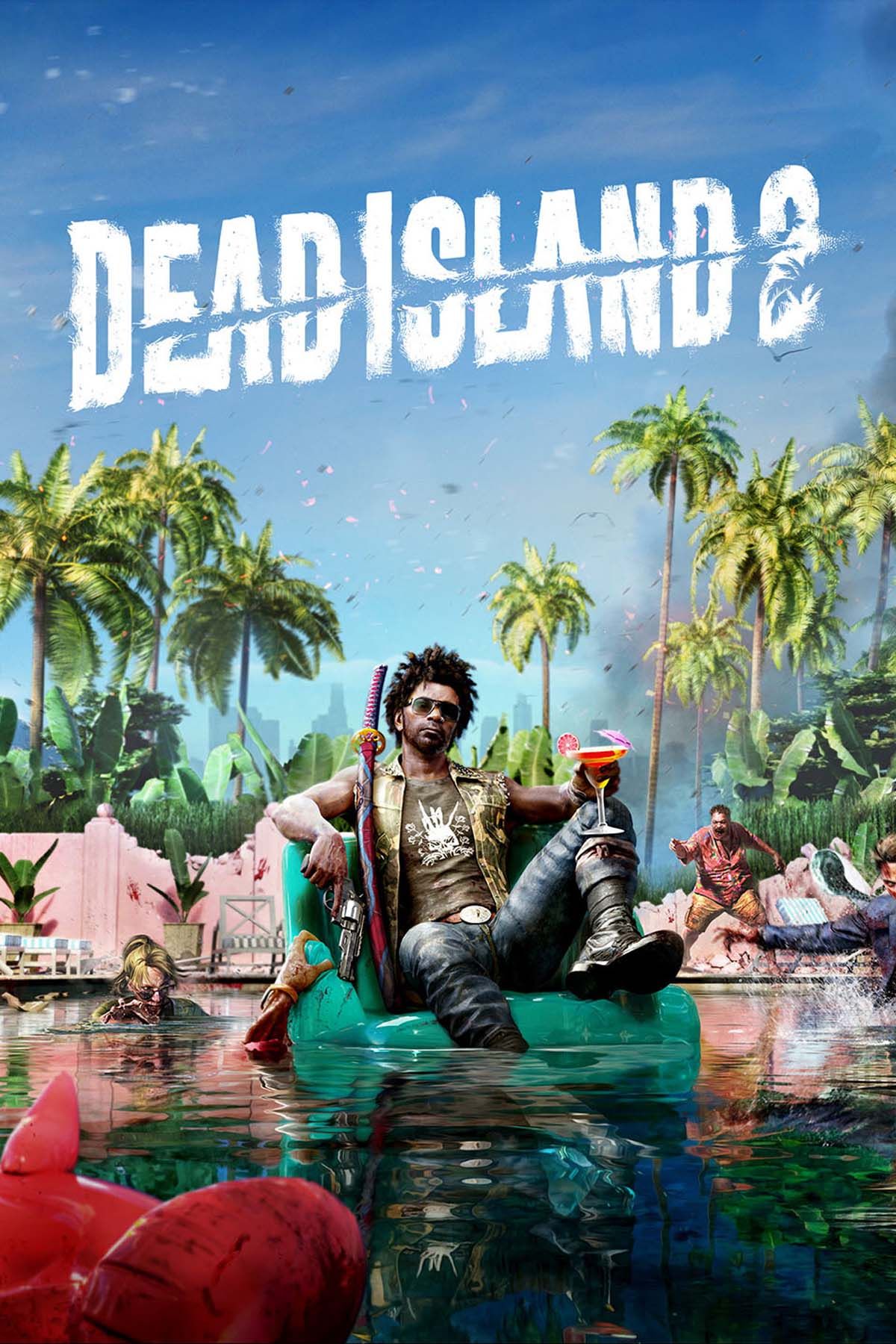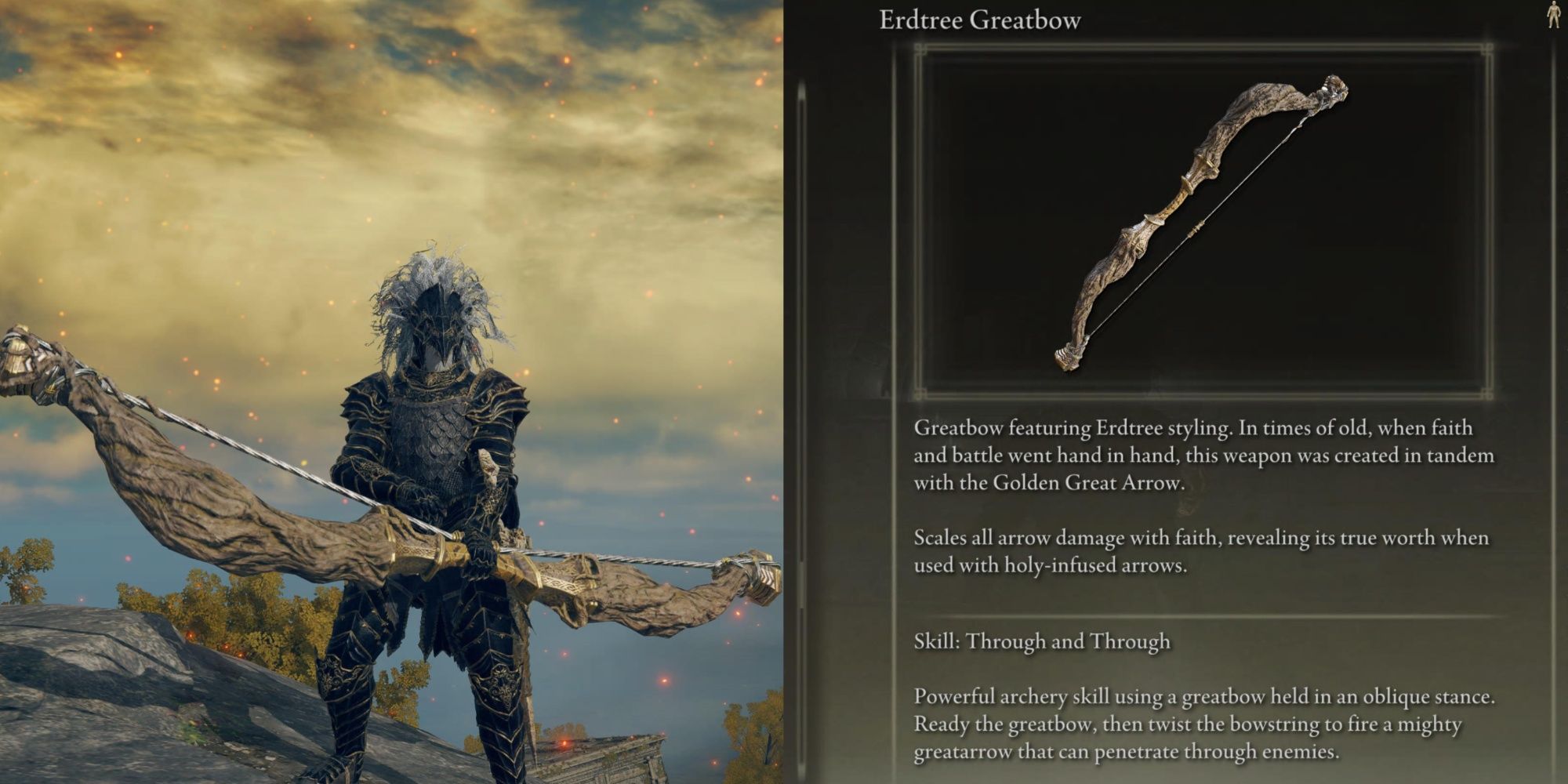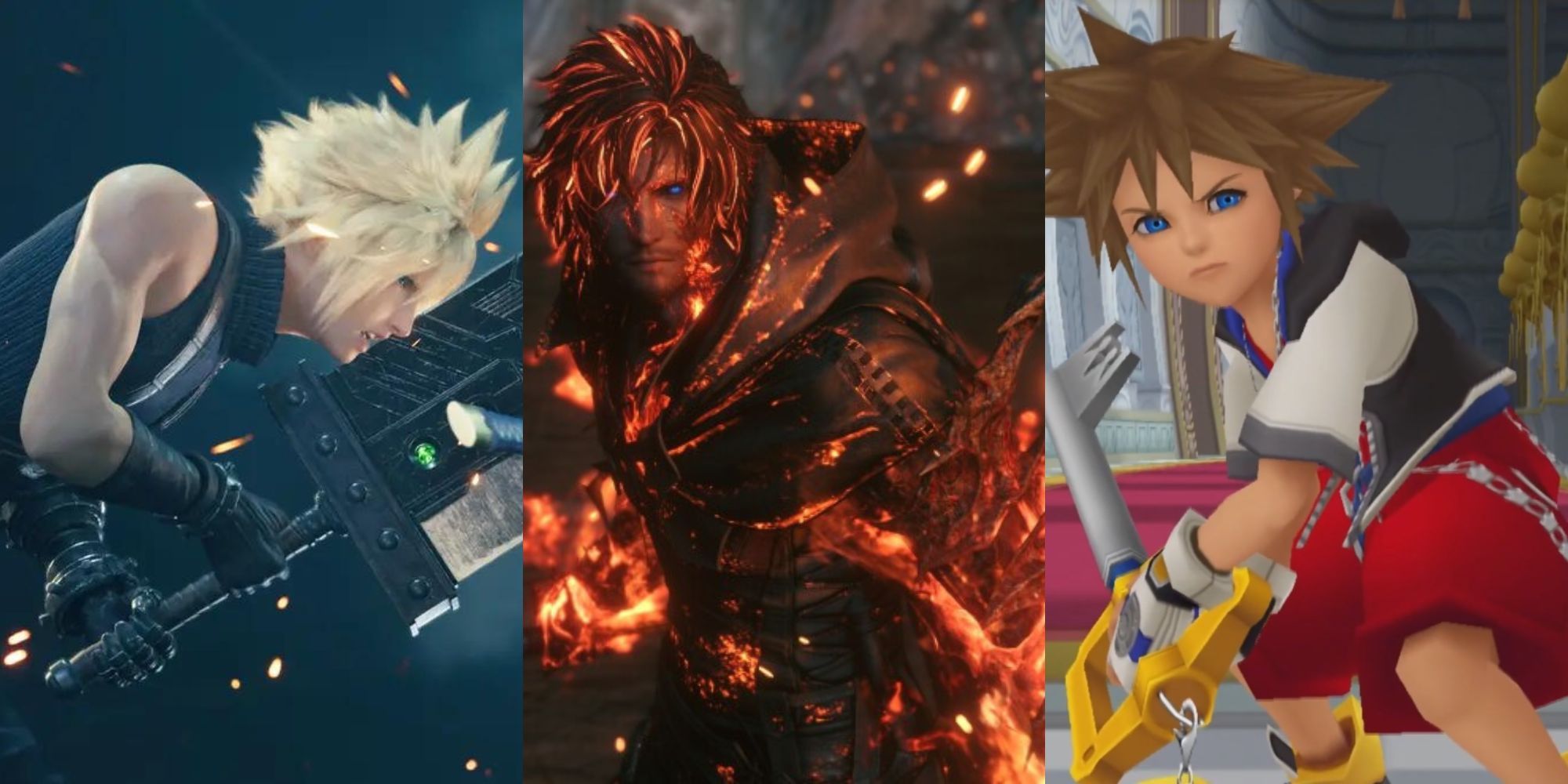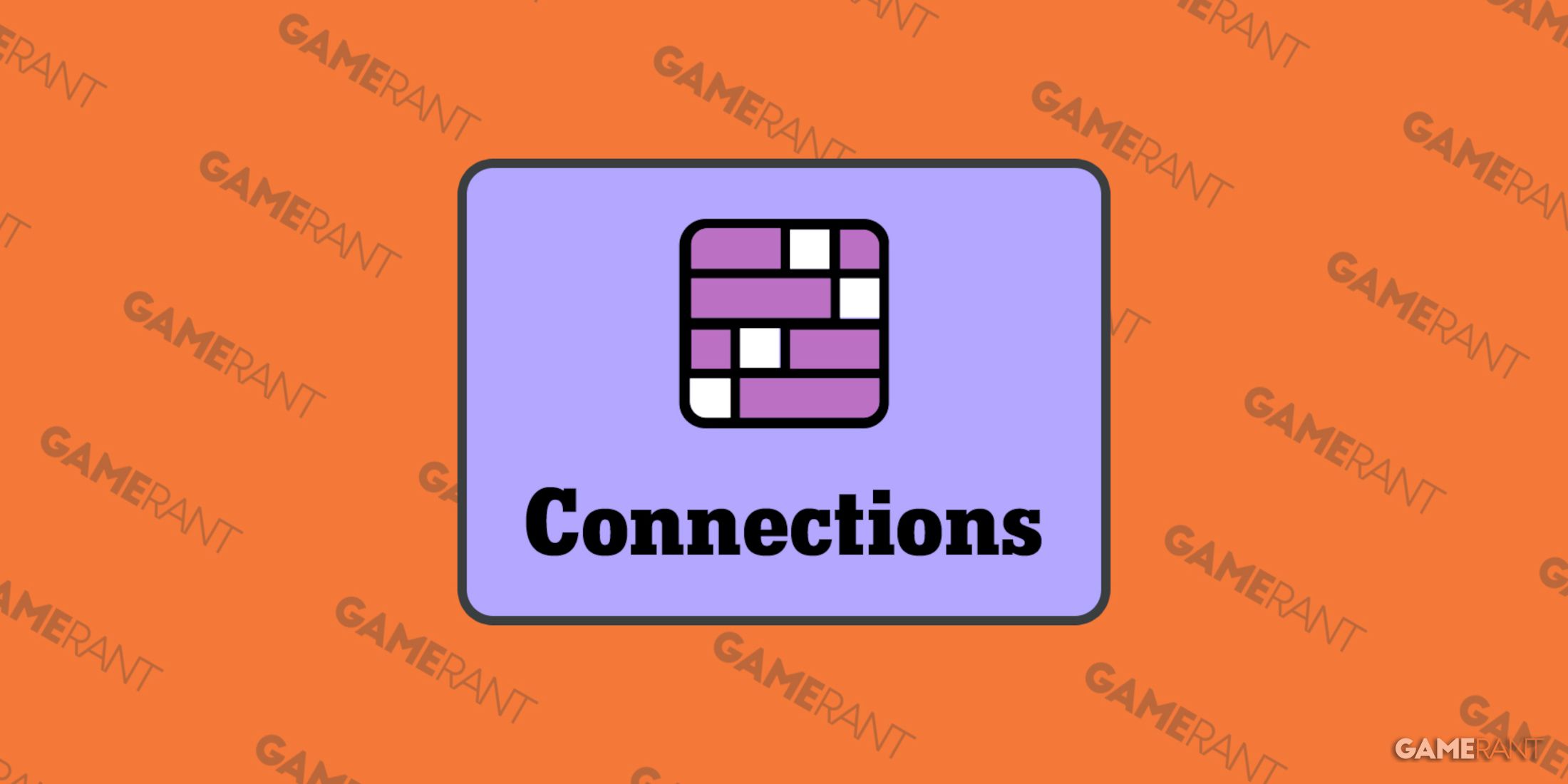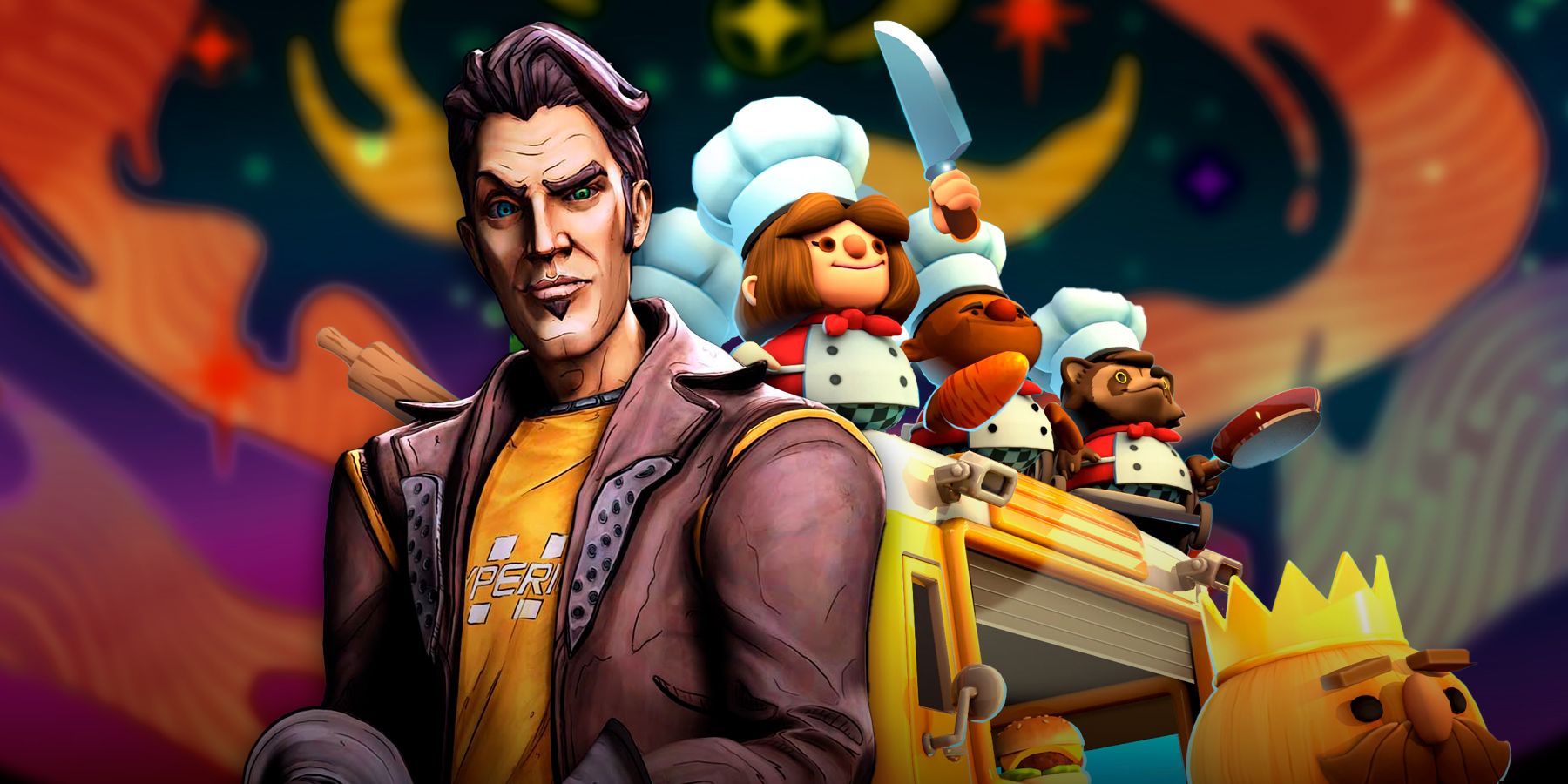Highlights
- Zombies remain a popular genre in video games, persisting due to cultural significance and storytelling depth.
- Dead Island 2 offers a humorous and arcade-like experience, while The Last of Us delves into gritty, emotional storytelling.
- The zombie genre continues to thrive due to its exploration of the human psyche, moral dilemmas, and versatile design possibilities.
When it comes to video game genres, few are more ubiquitous and perpetually popular than titles that feature zombies. This isn’t really all that surprising though, as zombies have been part of the cultural zeitgeist for generations and will almost certainly continue to persist in some fashion. From the medium’s earliest days, pitting players against hordes of the undead or variations thereof was a staple of design, and remains true up to the present day.
While fans have received a staggering number of zombie games throughout the years, two more modern examples in the form of Dead Island 2 and The Last of Us provide an excellent case study in showcasing just how resilient and accommodating the genre is. Dead Island 2‘s heavily humorous bent and presentation contrasts well against TLOU‘s more grounded takes and vision, and between them lies an incredible range of possibilities that, even after all this time, continues to be ripe in potential for creating interesting stories and engaging gameplay.
Related
Upcoming Zombie Games People Are Excited For
Zombies have been a staple of horror for decades, and they aren’t leaving the world of video games anytime soon.
The Last of Us and Dead Island 2 Highlight the Extreme Diversity of Zombie Titles
Dead Island 2 is Wackier and Lighthearted
Though Dambuster’s Dead Island 2 had a famously troubled development cycle, its eventual release saw it become an instant hit, selling 1 million copies in mere days. While nowhere near the first to do so, DI2 is a recent instance of a title taking a more whimsical and arcadey approach to the genre with its setting, characters, and mechanics. Many of the protagonists and NPCs seem to take a sort of gleeful anarchic joy in the state of affairs.
Dead Island 2‘s Jacob proudly describes himself as “the lone idiot” during the “Zombocalypse,” taking everything in stride and trying to look cool doing so. Its combat complements its intentions and vibe, with brutally over-the-top attacks that cleave off chunks of flesh in high graphic fidelity from the shambling corpses, all in a vibrant L.A. environment that is heavily satirized throughout.
The Last of Us is Somber and Serious
Naughty Dog set a new bar for video game storytelling when it presented players with Joel and Ellie’s excursion through a post-apocalyptic world where the Cordyceps fungus infection has turned most of humanity into mindless mushroom-covered abominations.
While these filled the role of traditional zombies but put a unique spin on them, The Last of Us explored the grittier side of the genre by focusing more on morally gray characters, and the emotionality and relationships between them. TLOU sends fans on a philosophical journey through a horror-ridden landscape, placing them in the shoes of characters who are forced to make tough choices and painful sacrifices to survive, confronting them with the cost of revenge and redemption.
Why the Zombie Genre Will Never Die
With the sheer amount of zombie-centric games on the market, one might be forgiven for thinking that every possible angle under the sun has been seen and done. However, since the essence of the genre serves as a backdrop to explore the depths of humanity’s psyche when pushed into extreme life-of-death situations and moral quandaries, this lends them an intrinsic timelessness. Zombies make for the perfect template for relentless and dangerous enemies, and the subsection of types seen in games has also evolved enormously.
Both extremes of the scale portrayed by Dead Island 2 and The Last of Us are equally valid and offer entertaining and enjoyable experiences, serving as microcosms for how the genre can encompass a huge array of tones, designs, and styles. While their moods, mechanics, and intentions may be polar opposites—frantic fun versus broodingly tense—that difference is a testament to the well of possibility offered by great zombie games and is why fans will surely continue to see them rise up time and again.
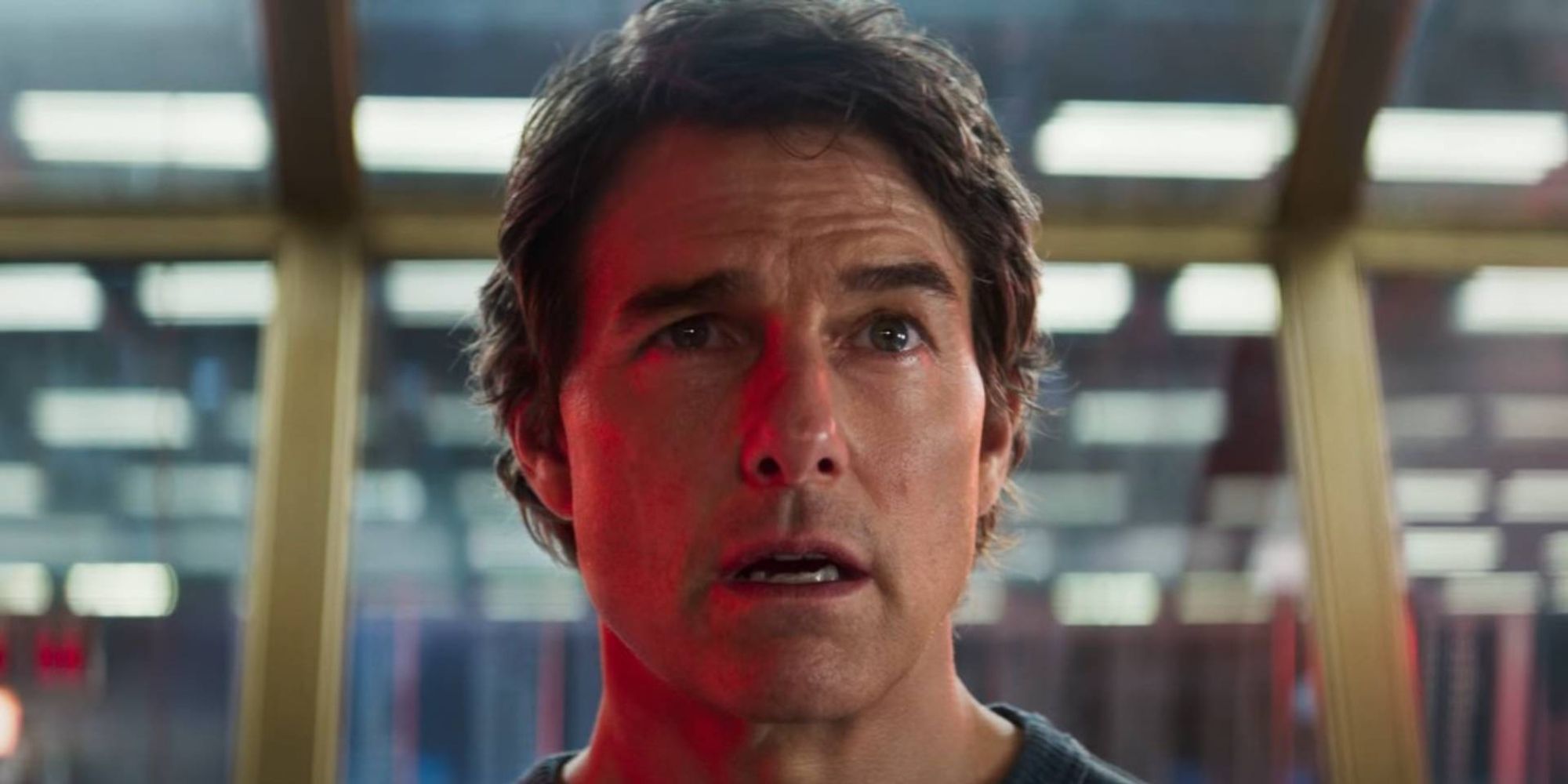
/cdn.vox-cdn.com/uploads/chorus_asset/file/25739618/1239668458.jpg)
